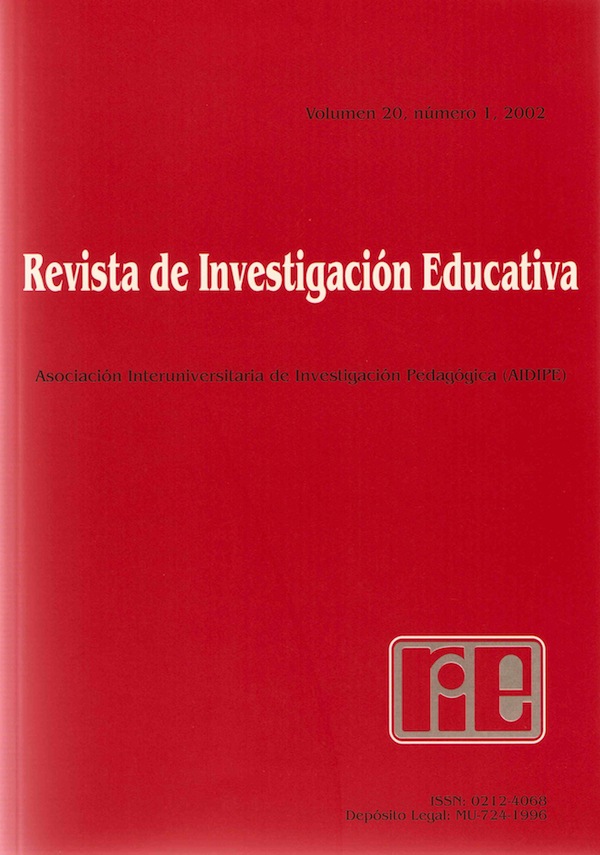Concepciones y creencias del profesorado de secundaria sobre la evaluación en matemáticas
Abstract
This work describes and characterizes the conceptions and beliefs on mathematics' assessment sustained by Andalucian secondary teachers'. It is an exploratory study. Survey technique is used by meansof a closed muliiple-choice scale questionnaire applied to a sample of the siudied population (N = 163).Thedesign and production of the closed multiple-choice scale questionnaire are based on the empirical identification of teachers' opinions, the inductive generation of a theoretically founded system of categories usefui to classify such opinions, and the process control done by experts. A descriptive study of teachers' valuations establishes the level of acceptance for each category. Thefactoranalysis of the datalet us to detecta general factor that establishes the global conception sustained by the teachers on this topic. The general factor is structured by means of13 partial factors, whichshowseveral teachers' beliefs. The clusteranalysisof the teachers'factor scores allows to establihs thought tendencies with regard to the beliefs in assessment already detected.
Downloads
-
Abstract1375
-
PDF (Español (España))1157
The articles and scientific documents published in RIE abide the following conditions:
1. The Servicio de Publicaciones de la Universidad de Murcia (the publisher) has the property rights (copyright) of all the documents published and allows the reuse under the user’s license indicated in point 2.
2. All documents are published in the digital edition of RIE under a Creative Commons Reconocimiento-NoComercial-SinObraDerivada 4.0 Internacional. (legal document) license. These documents can be copied, used, distributed, communicated and explained publicly if: i) the author(s) and its original source of publishing (magazine, publisher and URL of the document) are cited; ii) it is not used for commercial purpose; iii) the existence and the specifications about this license are mentioned.
3. Auto-archive’s conditions. The authors are allowed and encouraged to digitally distribute the pre-print versions (a version before evaluation) and/or post-print (a version that it is already evaluated and accepted to its publication). This promotes circulation and distribution earlier and can increase the citations and significance within the academic community.










